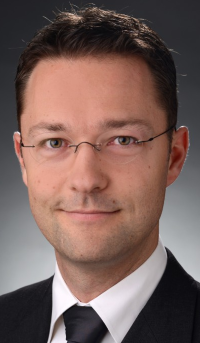Renewable Energy When the Sun Doesn't Shine: How Ultra-Robust Wind & Energy Storage Boost PV Micro- and Hybrid Grid Feasibility
Tuesday, September 5, 2017 | 15:00 - 16:30
Today, almost all microgrids are equipped with Photovoltaic (PV) equipment. With PV equipment nowadays being available to provide cheapest renewable power in numerous applications and especially in regions with considerable near-equator load centers (e.g. Africa, South-East Asia and Latin America) this improves project economics. For loads in evenings, nights and darker seasons, often diesel is still the preferred choice, followed by Lead-acid or Li-Ion batteries. Poor project economics or, in case of low-cost equipment being applied, de-illusioned customer segments or even complete markets can be results.
Distributed wind is one option to improve economics through reducing both the required size of diesel and battery equipment. Alternative storage technologies to Li-Ion further reduce cost for such systems, esp. over longer project lifetimes.
Northern Power Systems is experienced in both distributed wind and energy storage. Our sample projects with repeat sales into same customers show that economically viable microgrids can indeed be achieved -- and even exceed customer expectations.

Business Development Manager
Northern Power Systems
Gian Schelling joined Northern Power Systems in February 2015. His career in renewables started in 2007 with Vestas Wind Systems A/S. After heading the successful global market introduction of Vestas' 3 MW wind platform, he led the C&I energy efficiency program for Swiss Utility BKW and the market introduction of large-scale PV inverters for SolarMax. At Northern Power Systems, he manages the global Business Development activities from market analysis and market entry strategies, local partner identification and contracting through to pilot project closure in new markets and segments. Mr. Schelling holds Master Degrees in International Management and International Affairs from CEMS and University of St. Gallen - Switzerland. He completed basic coursework in Electrical Engineering and obtained his Certificate of Advanced Studies in Energy Economics.